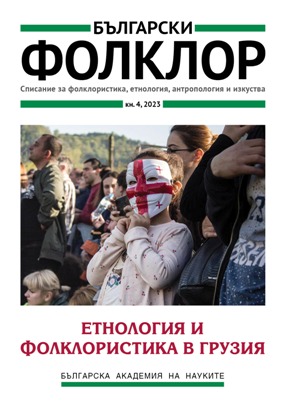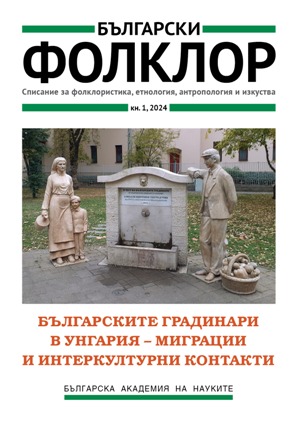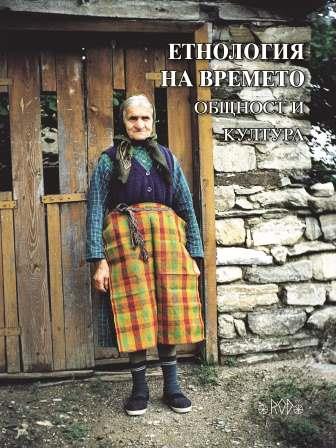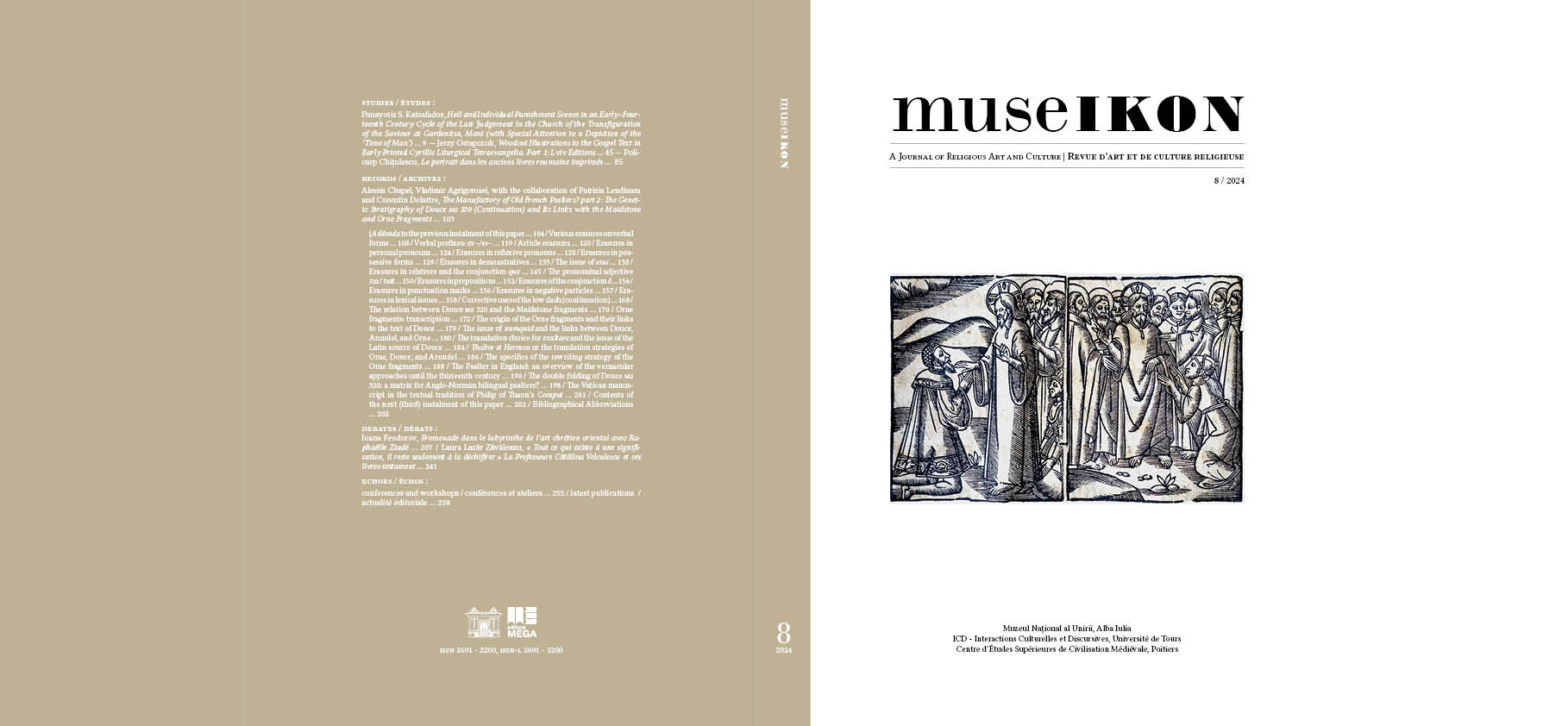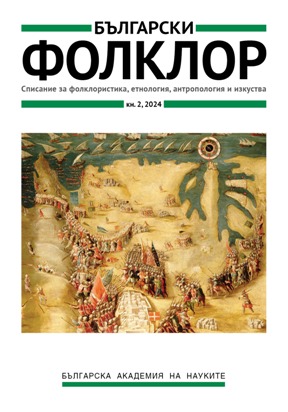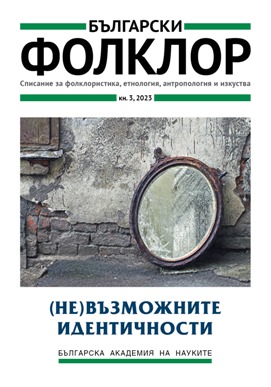
Патриотизъм, национализъм и настроения към ромския етнос в България
The political changes after 1989 in Bulgaria and the country’s difficult economic transition, temporarily led to a decline in patriotic feelings among the Bulgarian people. With few exceptions, such as Bulgaria's triumphant performance at the 1994 World Cup, which led to unprecedented national pride, the idea of belonging and unity began to dissolve in the harsh and uncertain conditions of the transition from socialism to a market economy. This led to a deterioration of relations in Bulgarian society, a sharp revision of values, a decrease in tolerance, and the entering into everyday life of the so-called language of hatred. Political parties were created which, under the guise of patriotism, openly promoted more radical sentiments toward various types of minorities. An increase in domestic crime at the time proved to be a fertile ground for such rhetoric. The fact that from the beginning of the new millennium until now, some Bulgarians have been invariably supporting nationalist parties, shows that these political formations are an expression of permanently present sentiments in the Bulgarian society. The current text will focus on nationalist manifestations towards the second-largest ethnic minority in the country – the Roma. For this purpose, specific events will be examined and analysed, and an attempt will be made to provide answers to several questions such as: What is the role of the Bulgarian minorities in these nationalist attitudes? Is it possible to build an identity based on the rejection of the other, and what are the manifestations of this rejection? How do such manifestations of intolerance and confrontation reflect on the identity of the minority itself? Who benefits from this rhetoric, and what are its consequences for the Bulgarian society?
More...
